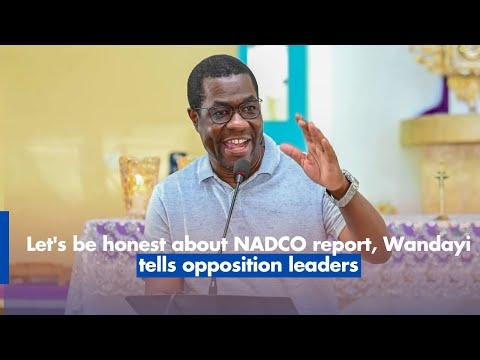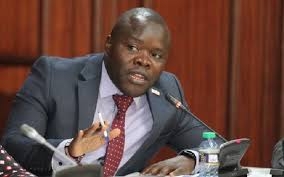In all my years of observing Kenyan politics, I have never once heard a politician declare that he or she is an institutionalist. Not once.
And yet if you read any of the thoughtful Op-Eds in Kenyan newspapers, the one thing you will see our leading writers and columnists declare most often, is that what has held our country back, is the lack of adequate and strong enough independent institutions.
In the absence of such independent institutions, they will say, populism will be predominant. And with a voting public consisting mostly of the urban poor and the rural small-scale farmers, public policy will be hijacked by populist politicians for their own short-term gains.
In other words, political leaders will be more focused on providing Kenyans with short-term (and short-sighted) gains, rather than work towards any kind of sustainable development.
But what then is institutionalism?
It is primarily the idea that the creation of institutions which will function rationally, no matter who gets elected to what office, is the right path to good governance, progress, and prosperity.
The best example of this that I can think of – and it is one I have used before in this column – is the question of rural access roads.
In the many rural parts of Kenya – where getting fresh farm produce delivered promptly to market is crucial – the construction and maintenance of such roads are a key determining factor when it comes to the question of whether a community will prosper or remain in desperate poverty.
For most of the first three decades of independence, it was well understood that the only way to get a rural road either built, or kept in good repair, was to plead with the Cabinet minister in charge of roads, or even with the president himself. Elected leaders felt no shame in making an abject plea in broad daylight, to the president (after he had been persuaded to visit their corner of the country) to “give us a road”.
But towards the end of President Daniel arap Moi’s authoritarian rule, the Kenya Roads Board and other supporting public infrastructure institutions were created. And with this came a professionalisation of the process by which roads are both built and maintained in Kenya.
Which is not to say that political interests cannot influence the Kenya Roads Board, or that it is free from corruption. But there is no denying that the institutionalising of the public roads management system was a giant step from the days when all decisions on roads were firmly in the realm of partisan politics.
But whereas the utility of any such public institutions is clear enough, the fact remains that it is not with an eye to the new institutions to be created that the average Kenyan casts his or her vote. Their focus is on a much shorter time span. And so, the successful politicians tend to be those who promise voters whatever it is that voters say they want, and then proceed to make a half-hearted attempt to deliver on these promises.
We have many and highly visible examples of the fruits of such populism. And here too I submit as evidence, an example I have used before: the construction of “modern markets” in major regional trade hubs.
There surely cannot be a single city or town, which was formerly known as a “provincial headquarters” (in the days when we had large administrative “provinces”) that has not in recent years seen a governor fulfil their election promise of building a large new fresh produce market, to spare the market traders from having to sell their produce on the muddy (or dusty) roadsides.
But upon completion, this marvel of modern architecture is promptly boycotted by the very people who had demanded it. The usual complaint is that it is too far from where the customers are to be found.
There are no easy solutions here. So long as many of our people remain poor, the trend, now so firmly established, will continue.
With very few exceptions, Kenyans will vote for populists who give them money during campaigns. And then pay the price of their shortsightedness for the next five years.
















